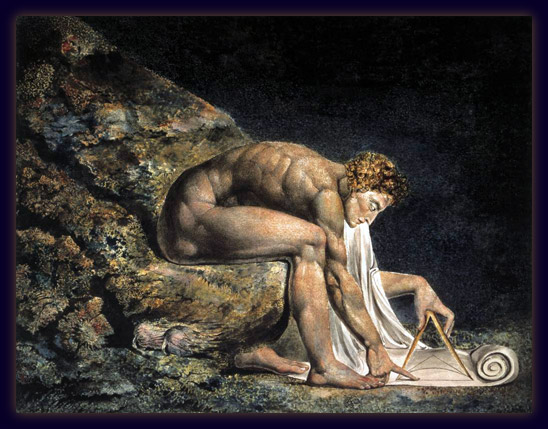Brighter Than The Sun
The Middle Ages are often depicted as a time of ignorance and superstition, out of whose murky waters we emerge into the modern age thanks to the revolutionary ideas of the Enlightenment. In reality, reason plays a large part in medieval life. The Church was running schools from the sixth century onwards; the first universities appear around the twelfth. In these institutions, reason becomes a strong and enduring feature of Western culture.
If revolutionary rational thoughts were expressed in the Age of Reason, they were only made possible because of the long medieval tradition that established the use of reason as one of the most important of human activities.Edward Grant, God and Reason in the Middle Ages
That said, both the hierarchy and teaching of the Church leaves a lot to be desired and there comes a time when its authority is held to account. During the seventeenth and eighteenth centuries, the Age of Reason and the Enlightenment see rationality and science flourish as traditional beliefs and power structures are challenged. There is a movement to bring society out from under the control and abuses of the Church and into a place where logic, empiricism and intellectual exchange carry more weight than so-called divine ordinance.
In the model of an evolving solar force, it is as if the Church has provided the scaffolding, the structures in which reason can develop. In the seventeenth and eighteenth centuries, the scaffolding is being torn down.
In the eighteenth and nineteenth centuries, the Industrial Revolution sees many people move from the countryside to towns to work in factories, resulting in a further disconnection from the natural world. Science and technology continue their onward progress. An emphasis on scientific reductionism – breaking things into smaller and smaller pieces – reflects a process in society, as individuality is heralded over the collective and the ego comes into full expression in an ever-fragmented world.


 TOP
TOP NEXT
NEXT